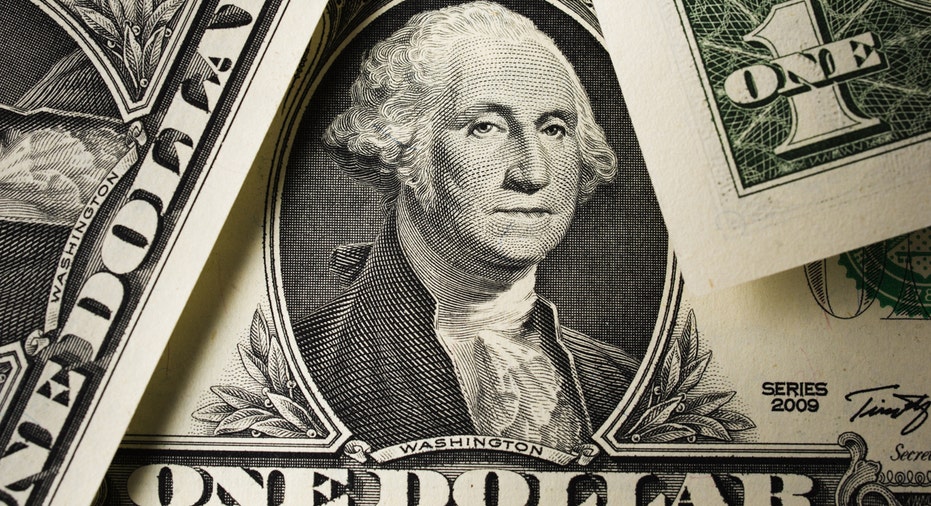CBO Report Shows Tricky Long-Term Fiscal Picture for Trump

The U.S. budget deficit is expected to dip during the current fiscal year but balloon over the next decade, the nonpartisan Congressional Budget Office said in a report on Tuesday that showed President Donald Trump inheriting a tricky long-term fiscal picture.
The CBO projected the deficit, the amount that government expenditures exceed incoming revenue, to fall slightly to $559 billion in fiscal year 2017, which ends on Sept. 30, compared to $587 billion a year earlier, and it was seen lower still in 2018 at $487 billion.
After that, according to the CBO, deficits are expected to grow steadily over the next decade to $1.4 trillion by fiscal 2027, in part due to costs associated with the retiring baby-boom generation. That would mean a return to a deficit level roughly the same as in fiscal 2009, when Republican George W. Bush ended eight years in the White House and Democrat Barack Obama succeeded him.
Swelling deficits could be a challenge for Trump and the Republican-led Congress as the new president advances an ambitious and potentially costly agenda. Trump has promised tax cuts, massive new infrastructure projects and a military expansion plan projected to cost hundreds of billions of dollars.
Federal deficits headed downward during Obama's eight years in power after he took office with the economy reeling from a deep recession.
The CBO forecast that $8.6 trillion will be added to the federal debt over the next 10 years.
"We're on a difficult path with the deficit and the debt," CBO Director Keith Hall said.
"The basic forecast really hasn't changed very much, and it still shows a coming problem at some point," he said.
The CBO also forecast U.S. real gross domestic product growth in calendar year 2017 at 2.3 percent, slowing to 2 percent in 2018.
During his presidential campaign, Trump promised to slash government spending but never detailed where the cuts would occur. He signed an executive order on Monday imposing a federal government hiring freeze.
The CBO estimated that "if current laws governing federal taxes and spending generally remain in place, the economy will grow, during the coming decade, at roughly the modest rate observed since the end of the 2007-2009 recession."
Republicans in Congress are moving forward with plans to repeal and replace the 2010 Affordable Care Act, Obama's signature health insurance law widely known as Obamacare, but have not yet formulated a replacement plan. The law has enabled about 20 million previously uninsured Americans to obtain medical insurance.
Repealing it could cost the government $350 billion over 10 years, the nonpartisan advocacy group Committee for a Responsible Federal Budget said in a report this month.
The CBO projected 10 million people would buy insurance plans in 2017 on the individual insurance marketplaces created by the law, down from an estimate last March of 15 million. Most of the people who are no longer expected to buy plans on the exchanges will instead get insurance through their employers, the CBO said.
(Reporting by Emily Stephenson; Editing by Chizu Nomiyama and Will Dunham)



















